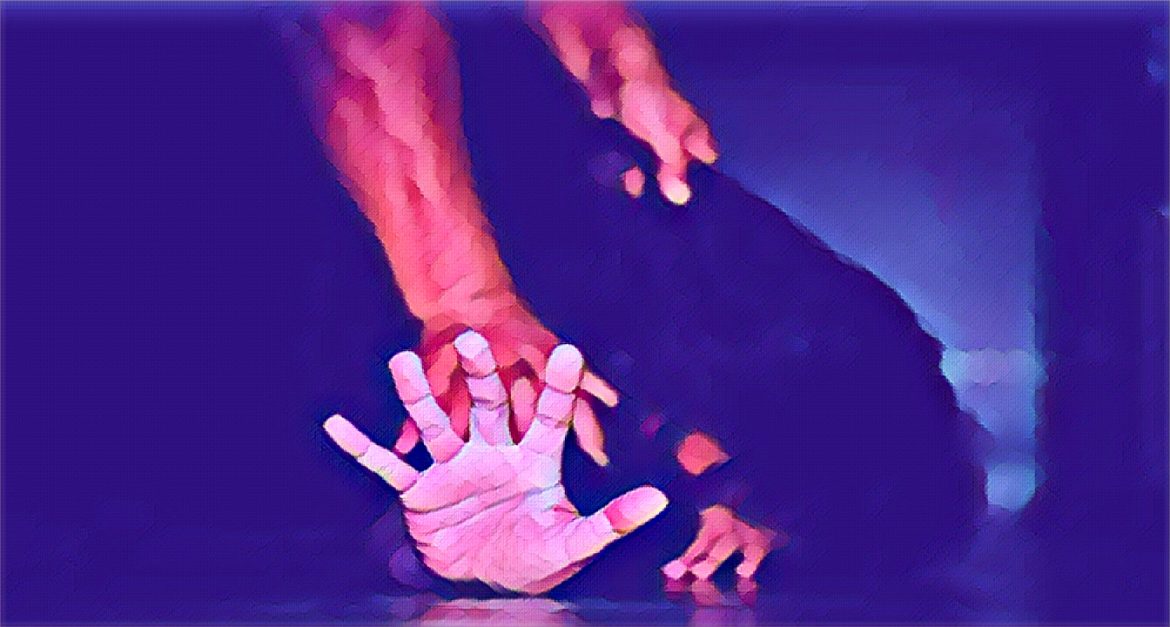KEY POINTS
- Child abuse cases are rising in Zimbabwe, with many involving family members.
- Authorities report an average of 30 child rape cases daily across the country.
- Experts emphasize the need for public awareness and stricter enforcement of child protection laws.
Childhood should depict innocence and freedom. But in this age and time, children are being subjected to barbaric behavior by those meant to care for them—their parents and caregivers.
Newsday Zimbabwe has uncovered a string of disturbing cases where children, even infants, are victims of sexual abuse, neglect, and emotional torment at the hands of their guardians.
These children suffer in silence while hiding their pain behind the façade of normal family life.
According to statistics, there is a rise in child abuse, with nearly 20,000 cases reported nationwide in the past year.
Childline Zimbabwe reported receiving 20,000 distress calls from minors last year, with its national director, Precious Taru, stating that 15% involved sexual abuse and early child marriages. The numbers are rising yearly.
In 2022, ZimStat reported that 22 children were murdered by their parents or guardians, sounding alarms about the increase in child abuse.
Disturbing ritual abuse and violence cases
Prosecutor-General Justice Loyce Matanda-Moyo told NewsDay Weekender that the number of fathers raping their daughters remains high, often linked to ritual practices.
“We are using laws to protect children and bring perpetrators to justice,” Matanda-Moyo said.
“We urge organizations that work with children to conduct awareness campaigns in communities to ensure their protection.”
“Sadly, many of these abuses occur in the home, where children should feel safest,” she continued.
“People are being told to sleep with their daughters to gain wealth, leading to these heinous acts.”
She added that her office has received more cases of children being sexually abused.
“We receive more than 30 cases daily, and it’s heartbreaking,” she said.
One victim, a 12-year-old girl (name withheld) from Beitbridge, told this publication she was abused by her uncle for ritual purposes, with her mother’s involvement.
“My uncle and mother planned it. She told me he would only do it once, but he kept coming back,” she said.
“She promised me money and told me not to tell anyone. My father died when I was five, and I’m the only child.”
Both her uncle and mother have since been arrested.
Another devastating case involved a man from Mvuma who fatally struck his daughter on the head with a blunt object after sexually abusing her.
The child’s mother had left her in the custody of her father, Trust Khaki, to collect the family’s social welfare food.
“When the mother returned, she found Khaki holding the child, who was struggling to breathe. She had a deformed forehead, bruises on her chin, and swelling on the left side,” according to a statement by NPAZ.
Long-term consequences and the call for reform
According to a report by Newsday, the consequences of these acts extend far beyond physical harm. Survivors often carry deep emotional scars into adulthood, struggling with trust, self-worth, and trauma.
A child psychologist, who preferred anonymity, said children who survive abuse endure a long emotional burden. “The trauma inflicted by a parent or caregiver—someone who is supposed to be a source of love and security—has profound, lasting effects on a child’s emotional development,” she said.
“It disrupts their ability to form healthy attachments and often leads to anxiety, depression, and other mental health issues.”
Child rights lawyer Caleb Mutandwa, a founder of the Justice for Children Trust, emphasized the need for multiple approaches to curb child abuse. “On July 9 last year, the Children’s Act was amended to include provisions that promote a conducive family environment and place a duty on professionals, such as medical practitioners, teachers, and ministers, to report child abuse,” he said.
“Enforcement should involve not only prosecution but also helping parents through counseling. Some abuses result from frustration due to the harsh economic situation. Addressing these challenges can help reduce child abuse,” Mutandwa added. “In cases that require severe punishment, offenders should be jailed for long periods to deter others.”
Recently, President Emmerson Mnangagwa signed into law the Criminal Laws Amendment (Protection of Children and Young Persons) Bill, raising the age of consent from 16 to 18 and increasing protections against sexual abuse and early child marriages.


